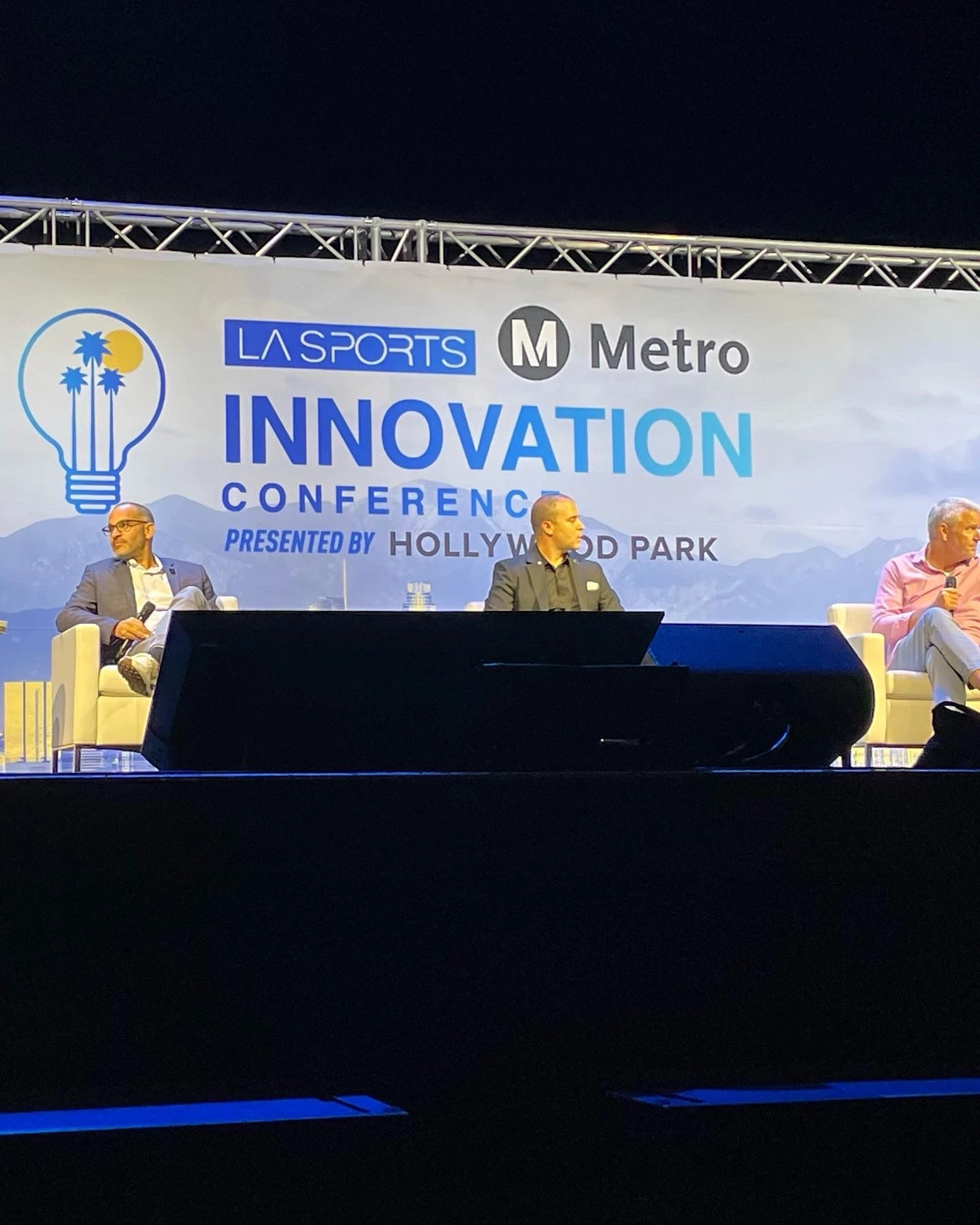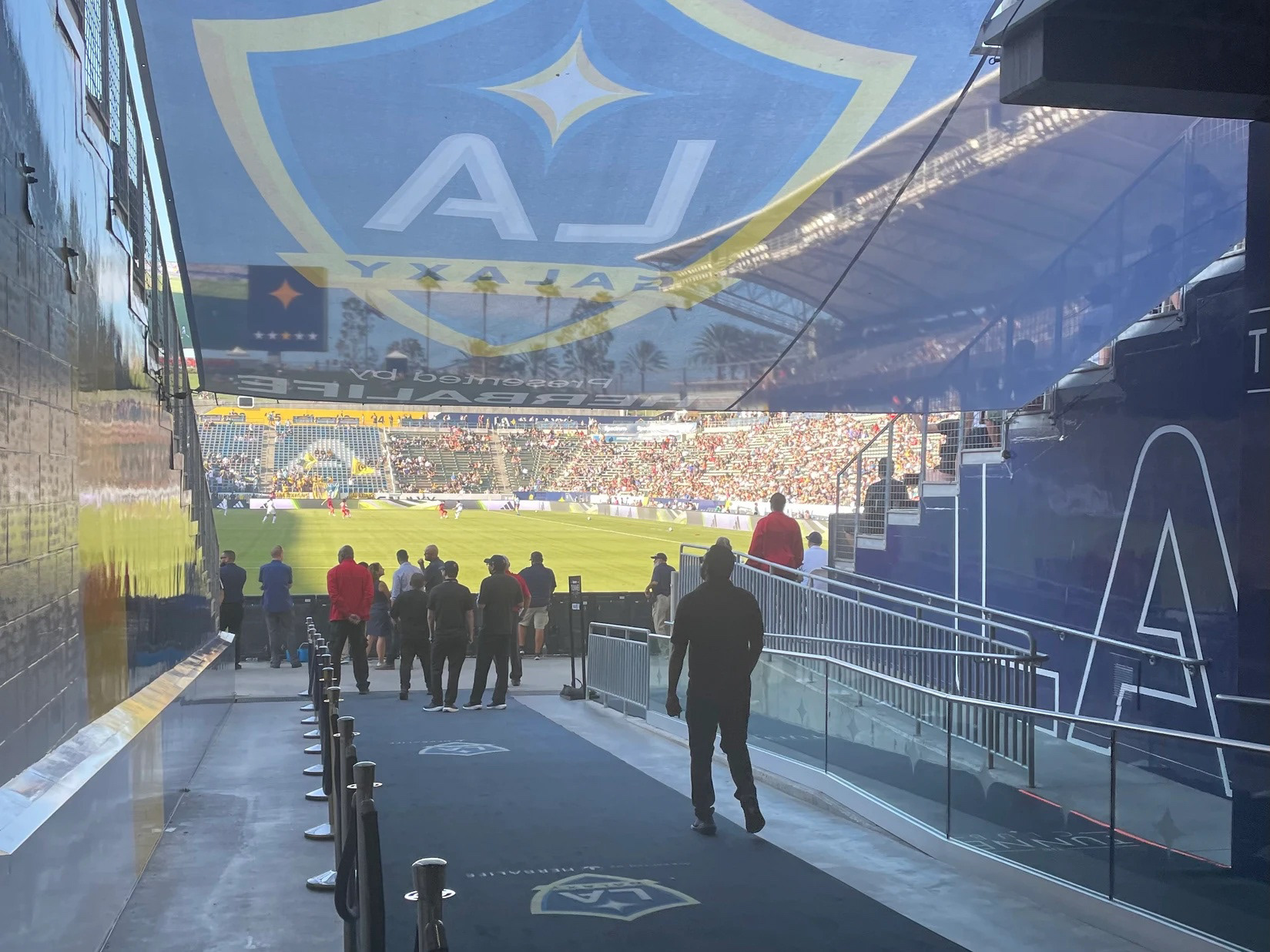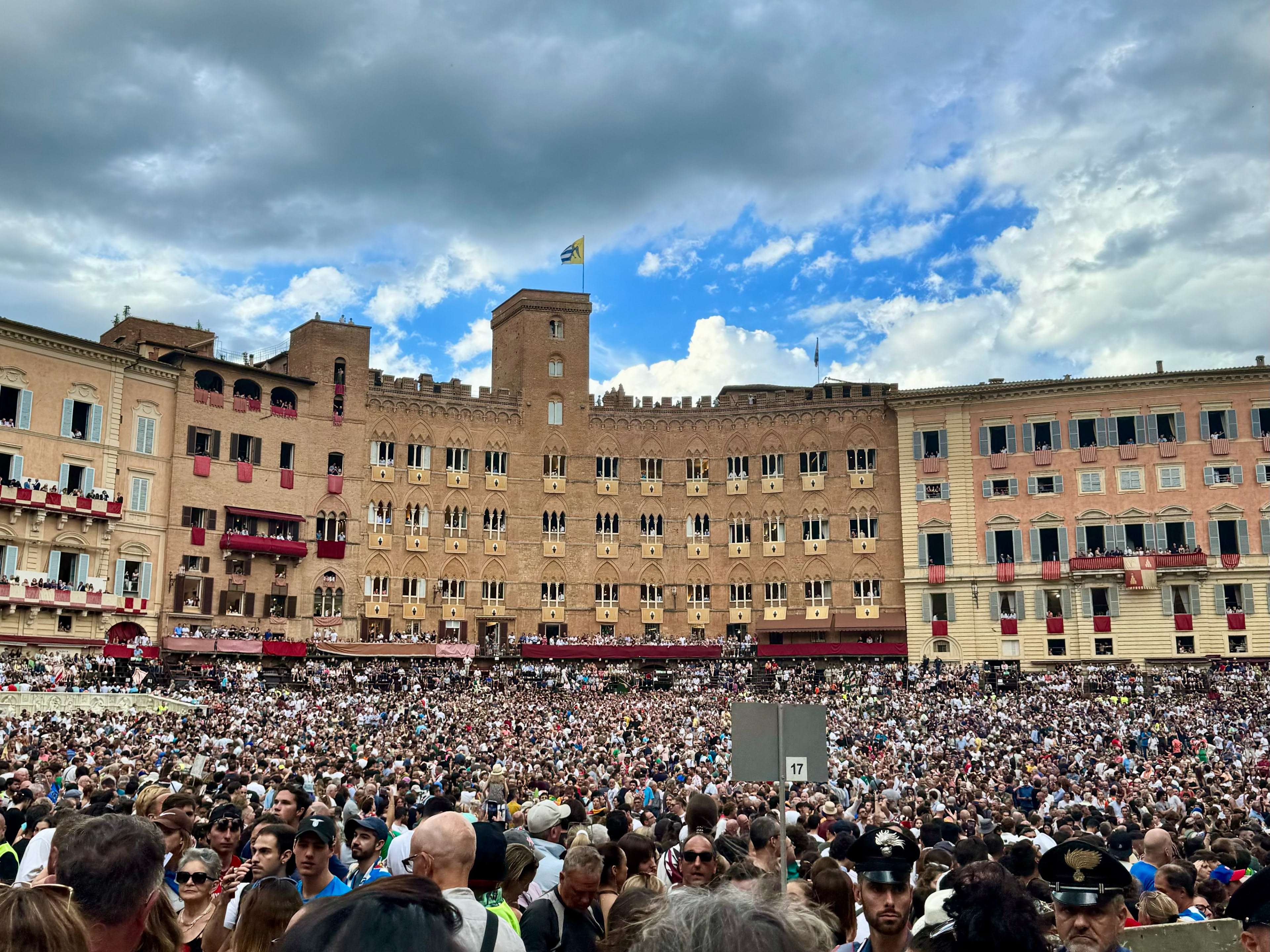

The LA Sports Innovation Conference is an event that has redefined the discussion around the economics of sports. Focusing on the impressive revenue generation of the SoFi Stadium and its impact on the local economy, the conference also delved in the economic implications of the upcoming Olympics 2028 and World Cup. We explore the key takeaways from this conference, shedding light on how these mega-events can be sustainable, environmental friendly, and even carless, all while driving economic prosperity.
Sports Economics and Its Significance
The field of sports economics is a complex one, encompassing the financial aspects of the sports industry. It investigates various facets, including ticket sales, broadcasting rights, athlete salaries, and the economic impact of sports infrastructure. Beyond the games, sports economics highlights the pivotal role sports play in stimulating economic growth and job creation.
One of the standout features of the LA Sports Innovation Conference was the discussion surrounding SoFi Stadium. This state-of-the-art venue has transformed the sports and entertainment scene in Los Angeles, and it continues to be a driving force in the local economy. Here are some key insights into how SoFi Stadium has generated revenue and impacted the area:
Increased Tourism: SoFi Stadium is a major draw for sports enthusiasts and tourists alike. With its modern design and top-notch amenities, it attracts visitors from across the country and around the world. This boost in tourism contributes significantly to the local hospitality industry, including hotels, restaurants, and other businesses.
Job Creation: Hosting events at SoFi Stadium requires a sizeable workforce, from event staff to security personnel. This means an abundance of job opportunities for local residents, which, in turn, improves the employment rate and overall economic stability.
A Boon for Local Businesses: Restaurants, bars, and shops in the vicinity of SoFi Stadium experience a significant increase in foot traffic and sales on event days. This surge in business activity has a direct and positive impact on the local economy, benefiting both small and large enterprises.
Sponsorship and Advertising Revenue: High-profile events at SoFi Stadium attract sponsors and advertisers eager to reach a large and engaged audience. This influx of sponsorship deals and advertising revenue not only benefits the stadium but also the broader sports ecosystem in Los Angeles.
Olympics 2028 and World Cup: A Sustainable Approach
The LA Sports Innovation Conference did not limit its discussions to SoFi Stadium but also looked ahead to two major sporting events that will shape the economic landscape of Los Angeles: the 2028 Olympics and the World Cup. Here’s a glimpse of how these events are set to be sustainable, environmentally friendly, and carless:
Sustainability: Organizers of the 2028 Olympics and World Cup are committed to sustainability. This includes eco-friendly venues, waste reduction initiatives, and energy-efficient practices. Such measures not only protect the environment but also attract eco-conscious tourists and sponsors.
Environmentally Friendly Transportation: Both events aim to reduce the carbon footprint by promoting public transportation, cycling, and walking. The goal is to minimize the use of personal vehicles, resulting in cleaner air and reduced traffic congestion.
Carless Initiatives: The concept of a “carless” event envisions minimal reliance on private vars during the mega-sporting gatherings. Instead, innovative transportation solutions like electric shuttles, rideshares, and expanded public transit networks will be encouraged, contributing to reduced emissions and traffic hassles.
Sports Economics in Action
The LA Sports Innovation Conference showcased the profound impact of sports on local economies and the evolving approach to sustainability in major sporting events. As the field of sports economics continues to evolve, it’s vital to recognize the dual role of sports in driving economic growth and fostering sustainable practices.
In the coming years, we can expect to see more discussions, innovations, and initiatives centered around the economics of sports, as events like the 2028 Olympics and World Cup redefine the boundaries of economic impact, sustainability, and environmental consciousness in the world of sports.










